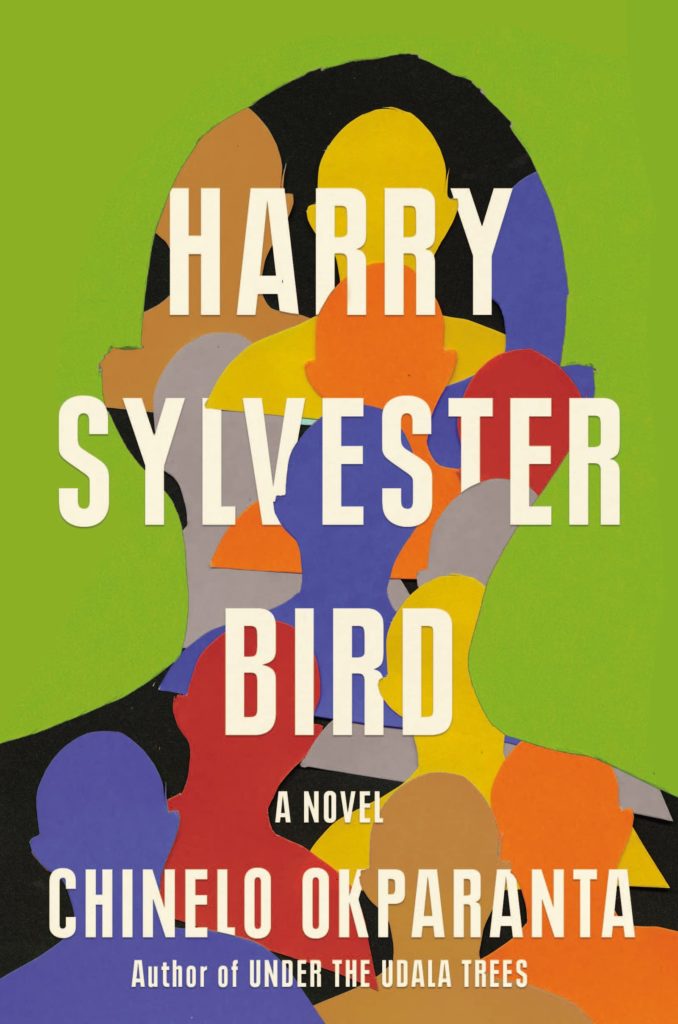
1
Kizimkazi, Tanzania
December 2016
We arrived at the resort in the afternoon when the sun was rising above the army of palm trees, lined and fanning in the breeze like windmills in the brightening orange and blue. Chevrolet and Wayne (I refuse to call them Mom and Dad) had remained silent for the forty-five-minute drive from the airport, except for brief responses to the white-capped, white-gowned driver (such as when the driver asked if they’d be needing the Wi-Fi access code, and they both nodded and said “yes” and “thank you” at once). In the spirit of solidarity, I nodded too.
But the signal had been weak and the connection elusive, and soon Wayne and Chevy leaned onto their separate windows (I in the middle) and zoned out as if they were sleeping with their eyes open. When the driver pulled up to the resort’s gate, the Maasai warrior—with his red-and-pink shuka, his cowhide sandals, and his wooden club—rose from his bamboo stool and inspected our car before waving us in. All in an instant, the resort emerged before us like a tropical paradise. Behold, before my eyes: conical thatched makuti roofs flanked by the green fronds of the palm trees, white hammocks dangling between the stems, gold-trimmed lounge chairs with rolling arms and claw-foots, wide-beamed umbrellas, and, in every direction, lush and low-lying tulip and hibiscus bushes.
Wayne and Chevy had fought on the plane, and before getting on the plane, and before that, and I had begun to think that perhaps for once they had grown satiated with their fighting for the day, but as we stepped out of the cab, a new fight materialized: the taxi service had been included in the booking, but who would pay for the tip, and how much to tip? I was only fourteen and without any income other than the occasional allowance, but knowing them, they would have had me pay if they thought I could have somehow managed it.
My stomach knotted with their bickering, palms sweaty, head full and woozy. As if the car sickness were not enough, now this fight.
Wayne said, “Honey, it’s Africa. One dollar is enough for a year’s living. You don’t need to give them more than that.”
“Fine, I’ll get it this time. But it was nearly an hour drive,” Chevy said. “I don’t see what giving five dollars will hurt.”
In the end, they settled on two dollars. Two years’ income, Wayne said, for less than an hour’s drive. Chevy narrowed her eyes at him then walked away, dragging her luggage along. I followed Chevy. Of the two, she was the one to follow. Wayne often erred too far on the side of harshness, of cruelty. Treat others the way you would not like to be treated, it seemed to me, was his motto. No golden rule for him. With Chevy, at least sometimes there were surprises. As I rolled my luggage away, I heard the driver softly say, “Asante,” and maybe the driver truly was grateful. Gratitude in principle and by practice. I knew a bit about that: this was late December, and our Christmas tree had been an oversize mother-in-law’s tongue in a tall maroon urn. It was a houseplant that we’d owned for the preceding half decade. Wayne had insisted it was the perfect segue into our Africa safari trip. Chevy had insisted that Christmas was its own event and deserved its own tree.
Why spend the money after he had doled out so much on the impending trip? Wayne had asked.
Well, Chevy answered.
We laid our three gifts under the plant. My Christmas gift from them had been a nail clipper wrapped in an empty matchbox. Nothing to brag about. Still, I had made a practice of gratitude—a notion that I had stumbled upon on the Internet—and so I was grateful for the gift. And after all, nails grew and would always need clipping. Maybe this was how the driver saw it too. A practical sort of gratitude.
* * *
That first day on Mchangamble Beach, after we had all dragged our luggage to reception, and after Wayne, Chevy, and I had been greeted with coral-colored drinks with miniature umbrellas, and after we had checked in and inquired about the Serengeti excursion (which Wayne claimed would be the highlight of the trip), we settled in our executive room. Wayne and Chevy placed their luggage at the foot of their queen bed, and Chevy hurried into the bathroom. I knew what she was doing in there: washing her hands and her face, and maybe more, before she would as much as touch anything in the room. She emerged disinfected, in a robe, and snaked her way through the opening of the mosquito netting that surrounded the bed frame. Pink flower petals had been arranged in the shape of a heart at the center of the coverlet. With one wave of her hand, she dispersed the petals onto the floor and sat on the bed. Wayne said, “But, sweetie, why?” To which she rolled her eyes.
“Harry, your area is all set up. Make yourself comfortable,” Wayne said from the archway between the room and the expanse of space leading to the adjoining walk-in closet. He waved his hand as if to wave me toward him. When I approached, he headed back to the main bedroom.
The closet was large enough that, even with my cot, there was enough space for me to move around. I placed my luggage in a corner. There was no door separating the main room from the closet, but the arched doorway provided me semi-privacy. I sat quietly for some time on the cot, breathing in intentionally from one nostril, holding it for five seconds, breathing out the other nostril, until my head and belly settled, and the car sickness vanished.
* * *
Read the entire excerpt and buy Harry Sylvester Bird: Harper Collins
Excerpt from HARRY SYLVESTER BIRD published by Harper Collins Publishers (Mariner Books). Copyright © 2022 by Chinelo Okparanta.


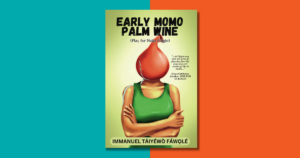
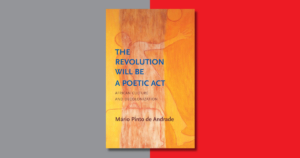
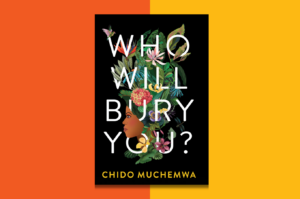
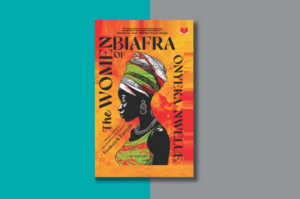
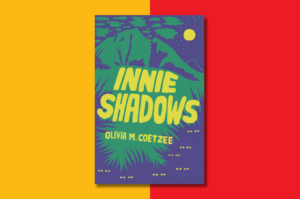


COMMENTS -
Reader Interactions